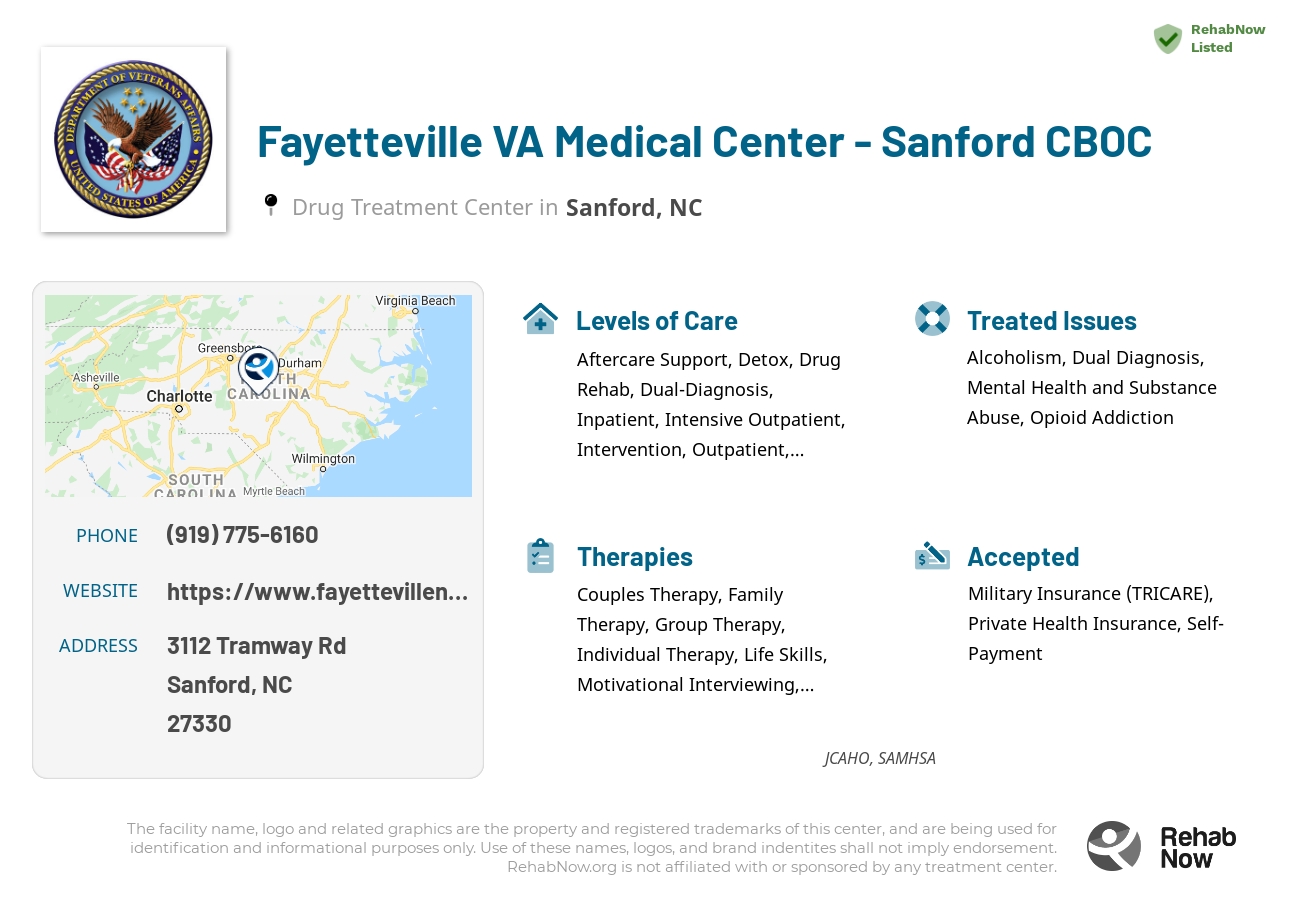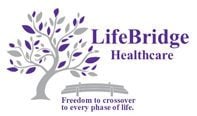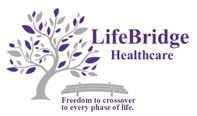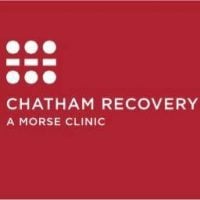About This Sanford, NC Facility
Fayetteville VA Medical Center - Sanford CBOC’s Drug and Alcohol Addiction Treatment Center location in Sanford, NC, offers multiple levels of care, individualized treatment options, and accepts most health insurance.
Certifications are important to consider when selecting a facility. This treatment center is included in SAMHSA. We also discovered an additional certification by JCAHO.
Treatment here is covered by most insurances, our independent research has indicated. Please call our independent experts for insurance acceptance verification information. Lastly, self-pay or cash payment is an option.
Genders
Ages
Modality
Additional
Accreditations
SAMHSA

JCAHO
Conditions and Issues Treated
Opioid addiction involves addiction to legal or illegal opioids. It may happen very quickly with any opioid use. Sometimes within a matter of days. Opioid addiction is a known as a high-risk factor for future heroin addiction.
Opioid withdrawal can be extremely uncomfortable and lead the user to continue to use even if they want to quit. Stopping using an opioid requires careful medical observation. Sometimes the withdrawal can persist for many weeks, which can put the user at a high risk for relapse.
It is recommended to receive inpatient treatment and a medically supervised detox like those offered at Fayetteville VA Medical Center - Sanford CBOC in Sanford, NC, NC, to manage the withdrawal process while learning lasting tools to maintain recovery. In some circumstances medications can be used to manage opioid addiction.
People with dual diagnosis have coexisting addiction and a mental disorder. 9.2 million US adults had a co-occurring disorder in 2018, so not just limited to North Carolina residents. Best treatment combines medication, psychotherapy (talk therapy), support group, and inpatient rehabilitation. Sometimes, complementary therapies – yoga, massage, and acupuncture – may also be used.
Levels of Care Offered
This center offers a variety of custom treatment tailored to individual recovery. Currently available are Aftercare Support, Detox, Drug Rehab, Dual-Diagnosis, Inpatient, Intensive Outpatient, Intervention, Outpatient, Residential, with additional therapies available as listed below.
Detoxification is a process that allows the patient to stop using opioids without experiencing severe withdrawal symptoms. This can be necessary for those who have been addicted for a long period of time or who are struggling with chronic pain.
During this process, addicts will receive medication and psychological support from doctors and other medical professionals until they can control their cravings.
Inpatient rehab is intended to treat severe addictions and co-occurring disorders. The length of stay in North Carolina varies from four weeks to six months according to the individual needs. Inpatient rehab ensures that the patient stays in a substance-free environment at Fayetteville VA Medical Center - Sanford CBOC.
Intensive outpatient programs mostly conduct meetings on weekdays. Group therapy is the main element in most intensive outpatient programs. Most IOPs last for about 90 days and include drug use monitoring and testing. A North Carolina IOP, like what’s offerd at Fayetteville VA Medical Center - Sanford CBOC, take much more time than a standard outpatient program. Some programs offer other services as well, such as employment assistance and medication management.
Outpatient treatment can be considered the lowest intensity level of addiction treatment in Sanford, NC. It is ideal for early phase addiction or lower intensity addictions. Fayetteville VA Medical Center - Sanford CBOC peer group support, 12-step programs, and individual counseling may still be involved.
Residential treatment programs are those that offer housing and meals in addition to substance abuse treatment. Rehab facilities that offer residential treatment allow patients to focus solely on recovery, in an environment totally separate from their lives. Some rehab centers specialize in short-term residential treatment (a few days to a week or two), while others solely provide treatment on a long-term basis (several weeks to months). Some offer both, and tailor treatment to the patient’s individual requirements.
An intervention is a meeting held by families and friends of the addicted party, managed by Fayetteville VA Medical Center - Sanford CBOC. It lets the person know that their loved ones are concerned about them. It is intended to make the addicted party agree to get help.
Interventions are often hosted by a mental health professional in North Carolina who knows how to communicate with people dealing with addiction. These intervention services can make all the difference when it comes to getting loved ones to agree to treatment.
After treatment, addiction treatment can be frightening for newly sober people. Aftercare support provided by Fayetteville VA Medical Center - Sanford CBOC is designed to give resources and help on a continued basis. It can involve finding housing in and around North Carolina, setting up 12-step meeting groups, continued medical monitoring, and counseling.
Fayetteville VA Medical Center - Sanford CBOC‘s Therapies & Programs
Individual therapy aims to identify the core issues that would have led the patient to substance abuse and address the root cause effectively. Patients find the therapist as a person who they can trust. It helps them to open up and discuss personal and sensitive issues, which they may not be comfortable discussing in a group.
Couples therapy is an approach wherein the patients and their partners are engaged together as a part of the treatment process. When a person becomes a victim of substance abuse, it affects the patient and the people around him, particularly his partner. Their relationship can become strained due to lack of communication, financial issues, loss of trust, lack of intimacy, and physical abuse in more severe cases.
Couples therapy addresses these issues and tries to rebuild the trust between the partners. The partner’s involvement in the process will result in greater chances of treatment success and sustained recovery.
Family therapy is a set of therapeutic approaches that assumes that the entire family is a system. It utilizes the strengths and resources of the family to help the patient refrain from resorting to substance abuse. It helps to repair relationships and improve communication between family members.
Group therapy happens at Fayetteville VA Medical Center - Sanford CBOC in a controlled group environment, as opposed to a one-on-one setting. It supports Sanford, NC patients’ recovery by offering a sense of comfort and letting them know that they are not alone. Through shared conversations, patients also learn to develop faith and understanding and gain insight on their addictions.
Unresolved trauma is often a key reason why many patients resorted to substance abuse. Trauma therapy refers to treatment wherein specialist therapists help the patients to resolve the trauma that led the patients to substance abuse. The trauma could be physical abuse, sexual abuse, war, natural disasters, divorce, accident, loss of a loved one, etc. Thinking of these traumatic events causes emotional disturbances like anxiety, depression and results in addiction. If trauma is the primary cause of substance abuse, then both issues must be addressed. Otherwise, there is a risk of relapse. Trauma therapy also improves the cognitive functions and provides long term benefits.
Cognitive behavioral therapy (CBT) is a way of addressing concerns through talking. It can be used in individual counseling sessions. Talking through issues with professionals at Fayetteville VA Medical Center - Sanford CBOC can identify sources of discomfort or unhealthy thoughts. It is a way of learning about yourself and your individual perceptions. CBT is a healthy way of addressing some behaviors which may be bringing unintended consequences in your life.
Rational Emotive Behavior Therapy (REBT) sees a person suffering from substance addiction to have illogical reasoning, counterproductive actions, and does not see things clearly. Due to this, REBT deals with cognition, images, and behavior extensively to rectify the client’s bad habits. REBT pushes an individual to become more reasonable and choose a life without the repercussions of addictions.
Patients at Fayetteville VA Medical Center - Sanford CBOC in Sanford, NC learn how to self-soothe by conducting rational self-counseling. REBT provides their patients with the skill sets necessary in handling problems all by themselves, without seeking professional help. The process calls for practice, reiteration, and bolstering the new way of thinking being introduced to the patient.
Payment Options Accepted
For specific insurance or payment methods please contact us.
Is your insurance accepted?
Ask an expert, call (888) 674-0062
Additional Details
Specifics, location, and helpful extra information.
Sanford, North Carolina 27330 Phone Number(919) 775-6160 Meta DetailsUpdated November 25, 2023
Staff Verified
Patient Reviews
There are no reviews yet. Be the first one to write one.
Sanford, North Carolina Addiction Information
North Carolina ranks 29th in the nation for overall substance abuse. Many of the drugs abused in the state are illicit, and many of these are opioids. Prescription opioids are readily available due to the high rates of medical workers prescribing them. The number of prescriptions has increased tenfold since the 1980's. Opioid overdoses are the most common type of death in North Carolina.
In 2013, 8.5% of Sanford residents over the age of 12 reported using illicit drugs in the past. Additionally, around 4.1% of Sanford residents reported using prescription drugs for non-medical purposes. The drug treatment process in Sanford, NC, can vary depending on the facility and the severity of the addiction. Generally, though, most drug rehab programs will begin with an assessment of the individual's addiction and history.
Treatment in Nearby Cities
- Ahoskie, NC (138.0 mi.)
- Jackson, NC (120.0 mi.)
- Frisco, NC (202.6 mi.)
- Mocksville, NC (82.0 mi.)
- Swannanoa, NC (179.7 mi.)
Centers near Fayetteville VA Medical Center - Sanford CBOC
The facility name, logo and brand are the property and registered trademarks of Fayetteville VA Medical Center - Sanford CBOC, and are being used for identification and informational purposes only. Use of these names, logos and brands shall not imply endorsement. RehabNow.org is not affiliated with or sponsored by Fayetteville VA Medical Center - Sanford CBOC.









